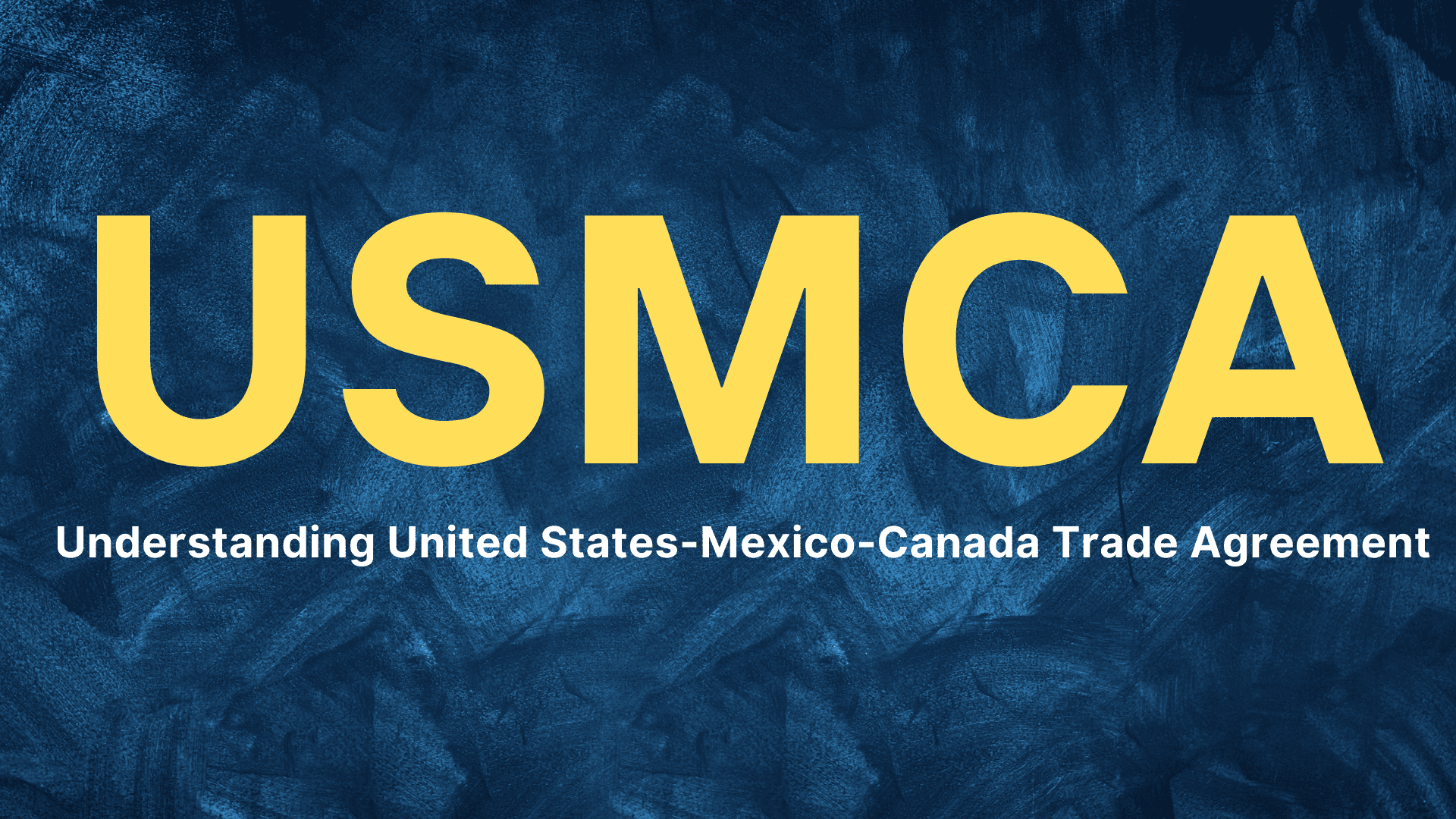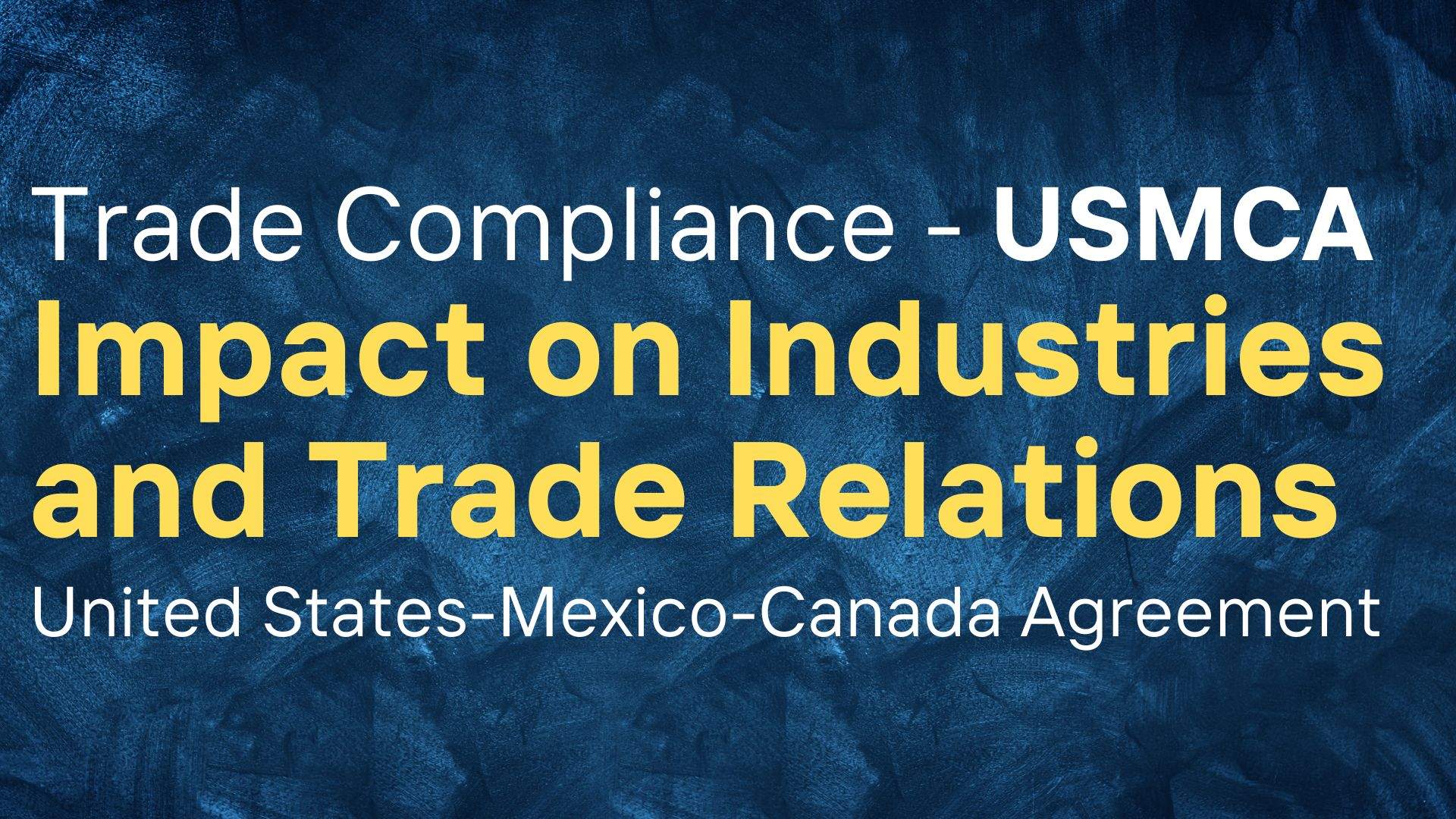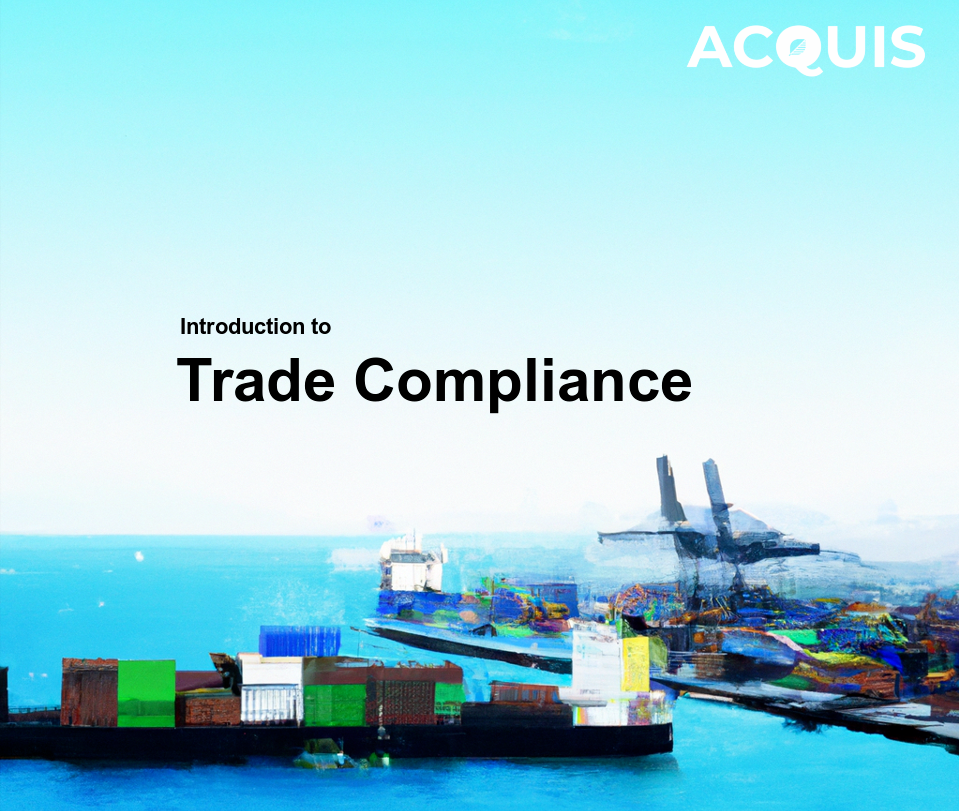The process of making sure a company is abiding by all pertinent laws and regulations when importing or exporting goods is known as trade compliance. This entails comprehending and abiding by the laws governing tariffs, trade agreements, and customs, as well as making sure that the company complies with any applicable sanctions or embargoes. The goal of trade compliance is to facilitate international trade while also protecting the economic and national security interests of individual countries.
Here are many different codes and regulations that businesses must comply with in order to engage in international trade. Some examples of these codes include:
- The Harmonized Tariff Schedule (HTS), which is a standardized system for classifying goods that are imported into the United States
- The Export Administration Regulations (EAR), which are a set of rules governing the export of goods and technologies from the United States
- The Foreign Trade Regulations (FTR), which establish the reporting requirements for businesses that engage in international trade
- The Trade Facilitation and Trade Enforcement Act (TFTEA), which was passed in 2016 and strengthens the enforcement of trade laws and regulations
- The United States-Mexico-Canada Agreement (USMCA) , which is a trade agreement between the United States, Canada, and Mexico that establishes rules for trade between these countries. The USMCA aims to improve economic cooperation and trade between the three countries by updating and modernizing the rules and provisions of The North American Free Trade Agreement (NAFTA)
These are only a few examples of the numerous rules and laws that companies must follow when conducting business internationally. To make sure that they are conducting themselves in a compliant manner, businesses must be aware of all pertinent codes and regulations.
Speak to Our Compliance Experts
Share
ENVIRONMENTAL COMPLIANCE
- RoHS
- SCIP (WFD)
- REACH
- California Proposition 65
- Material Disclosure (FMD)
- PFAS
- TSCA PBT
- EU POPs
- EU MDR & IVDR
- ELV (GADSL)
- Others
- Extended Producer Responsibility (EPR)
INTEGRATION SUPPORT
WE ARE GLOBAL
USA
6705 Ridgedale CT, Glen Allen, VA 23059
+1.757.801.2760
info@aquiscompliance.com
India
#9/2, Hennur Bagalur Main Road, Bengaluru - 560077
+91 789 238 1827
info@aquiscompliance.com



